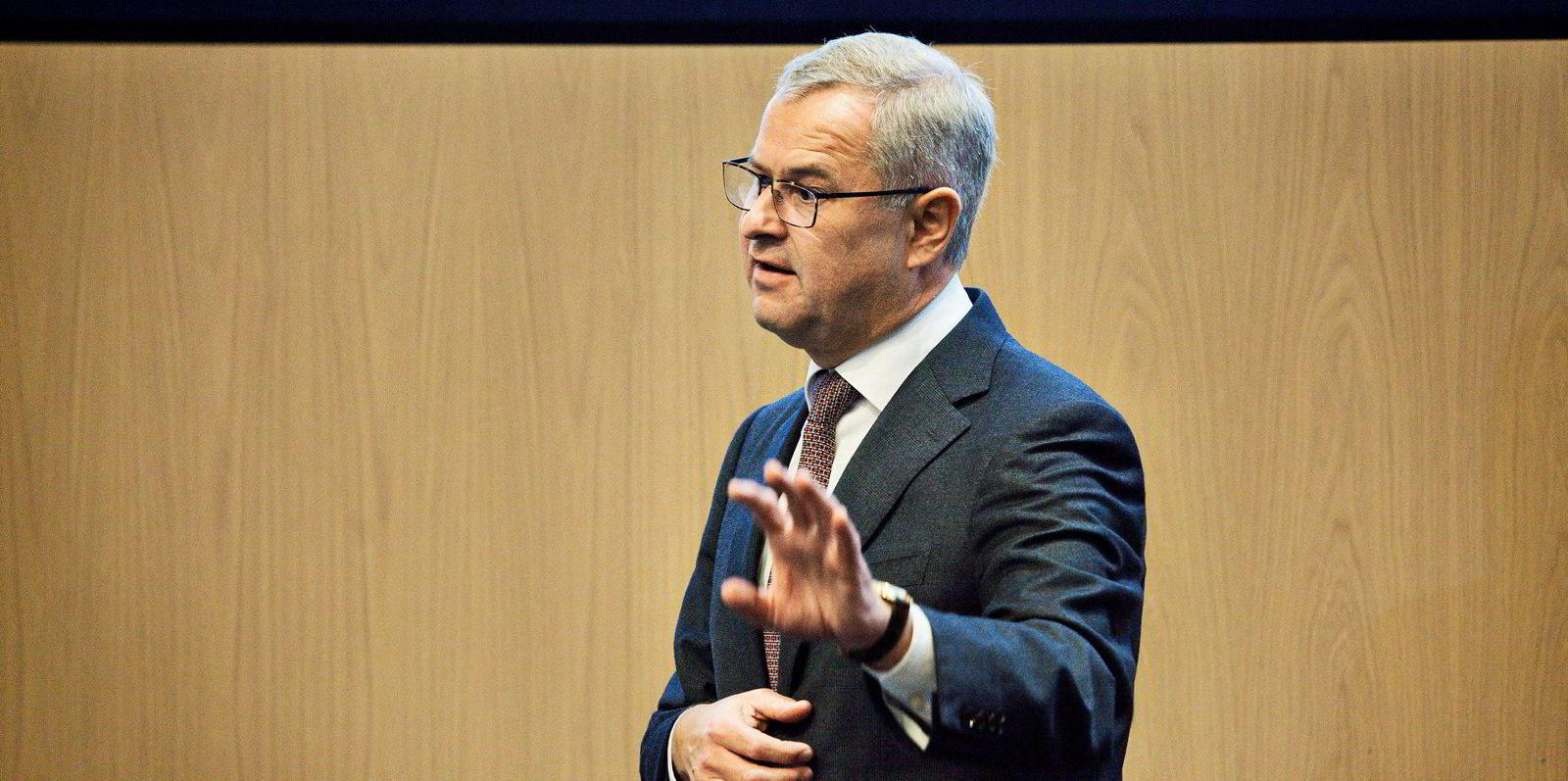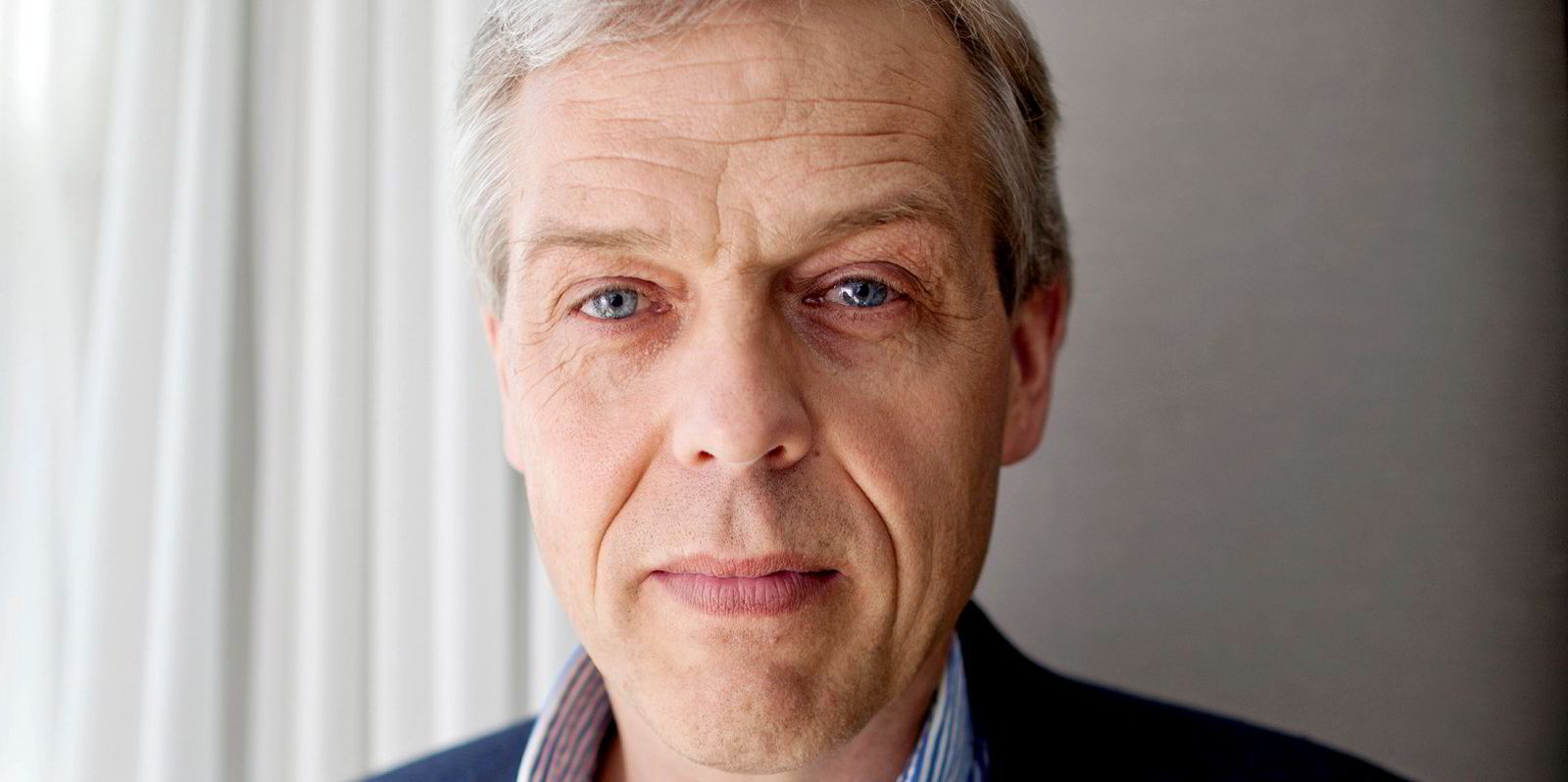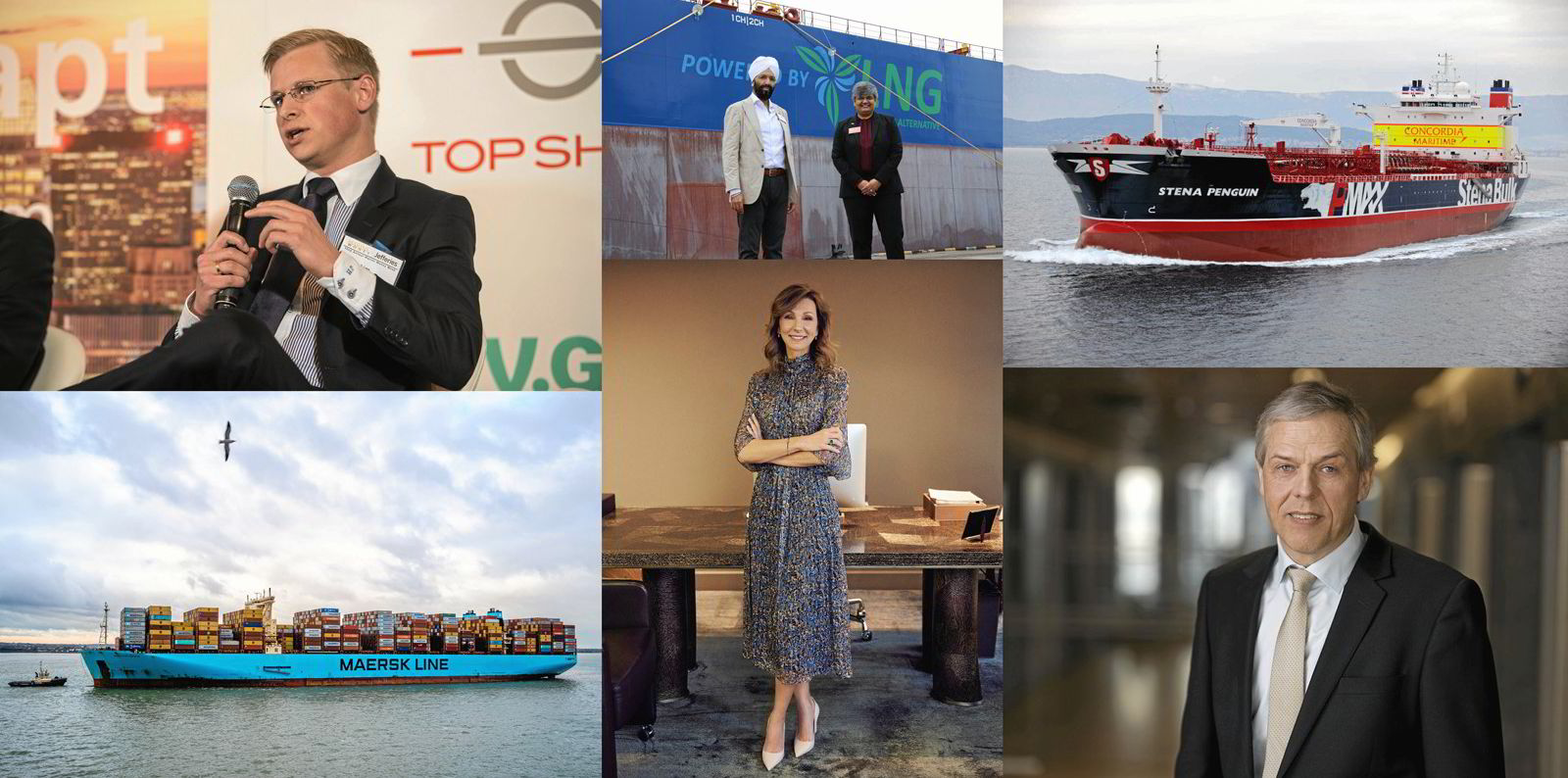This week, the scale of the profits made by some of the big container lines made headlines, while a leading tanker company thinks the end of not nigh for that sector. Greece’s shipowners union has appointed its first female leader, while yet another industry veteran has decided to step down after a 40-year career in front-line management.
You’d think that we’d be used to expecting vast profits posted by liner companies amid the supply chain crunch, but the numbers are still eye-popping when released. And none more so than Maersk, which this week confirmed a whopping $24bn profit for 2021. As if registering the biggest profit ever for a shipping company wasn’t enough, Maersk’s financial forecast shows it expects to repeat the trick this year.

The last time the Union of Greek Shipowners elected a new leader, Barack Obama had just been sworn in as the 44th president of the United States and the global pandemic on people’s minds was of the swine variety. Such a long tenure is testament to the success of the longest-serving outgoing UGS president Theodore Veniamis, who this week made way for the union’s first- ever female leader. Melina Travlos will have her plate full dealing with issues such as proposed changes to the tax regime and emissions rules.
Meanwhile, shipping-centric hedge fund Cleaves Asset Management appears to be diving headlong into dry bulk. The fund is “highly optimistic” about the sector’s prospects this year, and has been eagerly gobbling up shares in dry bulk companies since the start of the year. The crux of the optimism centres on dry bulk shares being traded at a 25% discount to net asset value.
Now, of course it’s been a pretty bad time for the tanker markets, so much so that some have even mischievously speculated that the decline may be terminal. New Concordia Maritime boss Erik Lewenhaupt contemplated this very question but has instead come to the conclusion that there is hope after all. Lewenhaupt said in the company’s annual report that there is still an underlying need for the transport of products such as crude, cooking oil and refined products. The current turmoil, he argued, was brought about by a series of unfortunate but unrelated causes.

Mining giant BHP’s ambitions to cut its shipping operations to net zero by 2050 took a step closer this week with the delivery of its first LNG-fuelled chartered vessel in Singapore. Mount Tourmaline is the first of five newcastlemaxes that BHP is chartering from Eastern Pacific Shipping. The world’s biggest dry bulk charterer plans major investment to back its green intentions, which will also include looking at alternative fuels.
And finally, this week a shipping and finance veteran has decided to step back from front-line management. Norwegian sale-and-leaseback company Ocean Yield announced the departure of its chief executive Lars Solbakken with immediate effect. Solbakken, who has spent 40 years in senior roles, told TradeWinds that he has no intention of taking on any more CEO roles, but will instead focus on less operative positions within shipping and his private investments.
Stay up to date with the sustainability debate in shipping by signing up to our weekly Green Seas newsletter at tinyurl.com/greenseas.



